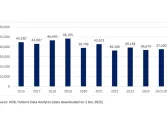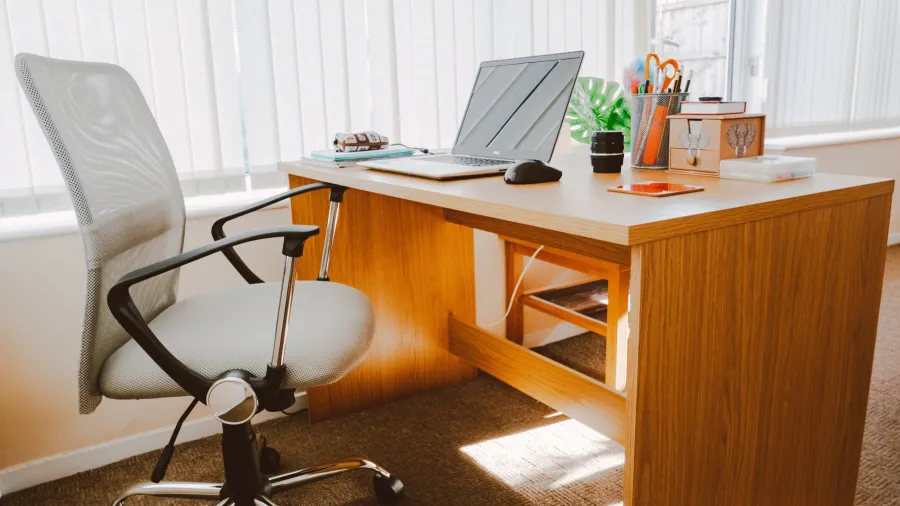
Adelaide CBD’s secondary office vacancy rate reaches record lows since 2012
Secondary vacancy was at 14.2% in Q2.
For the first time in over a decade, JLL recently revealed that the secondary-grade vacancy rate in the Adelaide CBD office market is sharper than the prime-grade vacancy rate.
The trend has now persisted for three consecutive quarters. While it’s commonly understood that prime vacancy is typically lower than secondary vacancy due to higher desirability from occupiers, recent Q2 2023 JLL Research data tells a different story.
Here’s more from JLL:
Secondary vacancy reached 14.2%, outpacing prime vacancy by 4.2 percentage points (ppts), which reached 18.4% – the highest prime vacancy rate recorded in the Adelaide CBD since 1993.
In contrast, the secondary vacancy rate hit its lowest point since 2012. This outcome is essentially the result of a combination of occupiers seizing opportunities to move from lower-quality space to higher-quality B-grade space, as well as a trend of occupier centralisation from suburban office markets.
The elevated prime-grade vacancy rate in the Adelaide CBD office market is purely driven by a large supply wave along with the backfill vacancies the supply wave is creating. Currently, there is a total of 153,900 square metres (sqm) of space in the construction pipeline, expected to be delivered within the next two years. An additional 78,500 sqm of projects with plans approved are anticipated to be completed over the medium term. The average annual supply in the Adelaide CBD office market over the last 10 and 20 years has been 15,400 sqm and 20,500 sqm, respectively.
Upon analysing prime and secondary grade office net absorption over the first two quarters of 2023, net absorption is evidently stronger in the latter grade. The associated movement of stock in the market supports this divergence of demand within the grades. Over the past 18 months, prime grade stock increased 10.7%, while secondary grade stock decreased 5.0%.
This decline in secondary-grade stock primarily stems from withdrawals from the market for the purpose of future refurbishment into prime-grade office space or residential development. When previously withdrawn secondary stock re-enters the market as prime grade space, it exacerbates the increase in prime grade vacancy.
According to JLL Research data, office demand conditions in the Adelaide CBD are set to record a significant improvement over the short term. Net absorption in 2023 is forecast to total 30,000 sqm – the strongest annual reading in 15 years. Deloitte Access Economics (DAE) white-collar employment growth projections in the Adelaide CBD also portray an optimistic outlook, with approximately 1,400 additional workers expected to be added over the year (up 2.1%).
Looking ahead, the trend of secondary grade vacancy being lower than prime grade vacancy will persist in the short to medium term, mainly due to the expected increase in new prime grade office supply. The trend is then expected to diverge in the medium term, resulting in an incremental decrease in prime grade vacancy as ‘flight to quality’ remains a prominent factor and new supply is reabsorbed.


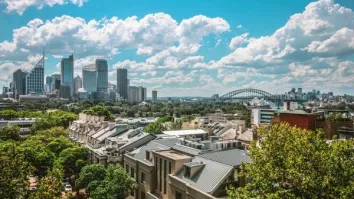


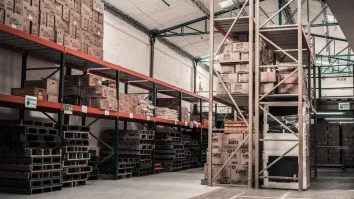



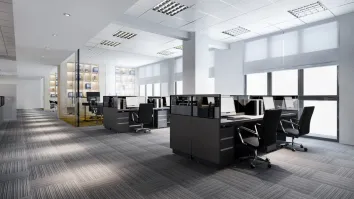



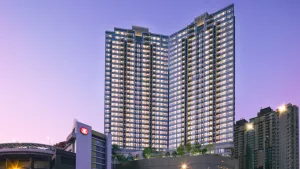





 Advertise
Advertise
